 |
 |
 |
|---|
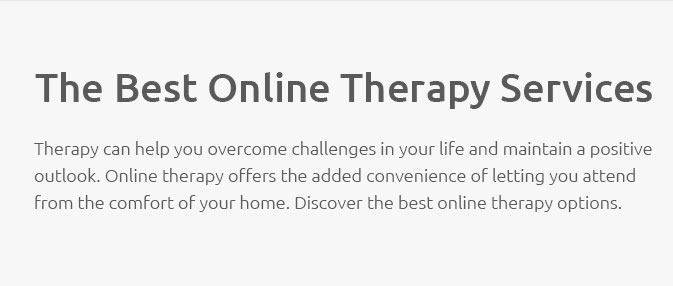 |
 |
|---|
 |
|
|---|---|
 |
 |
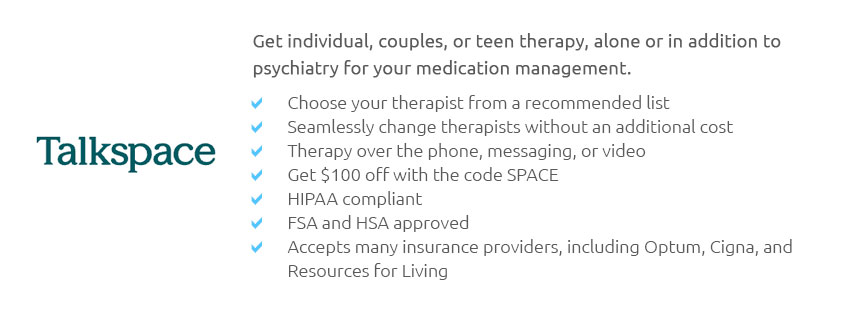 |
 |
 |
 |
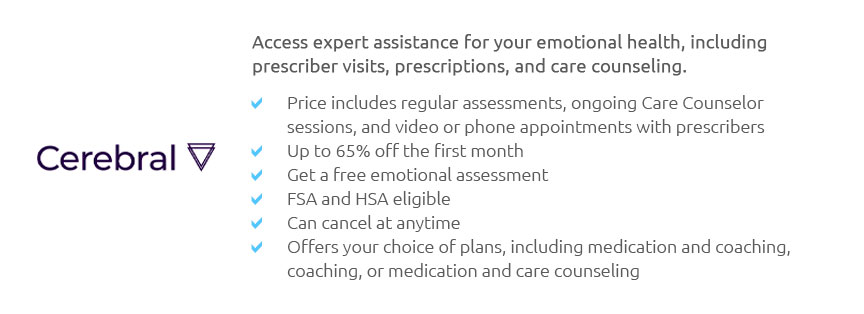 |
 |
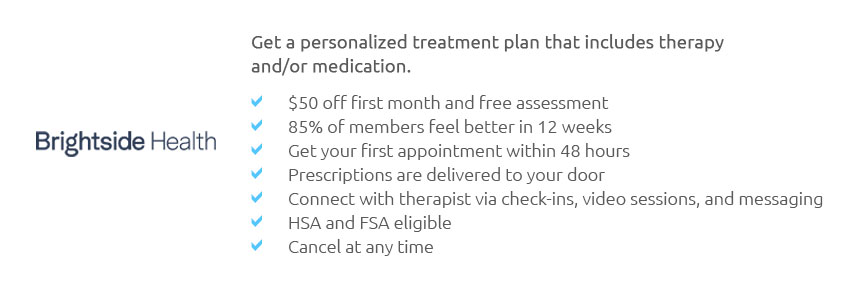 |
 |
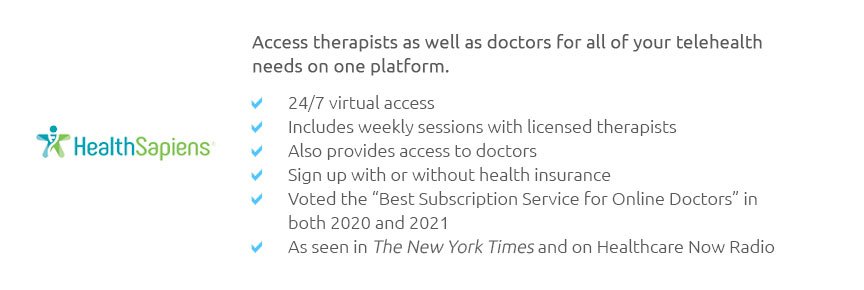 |
 |
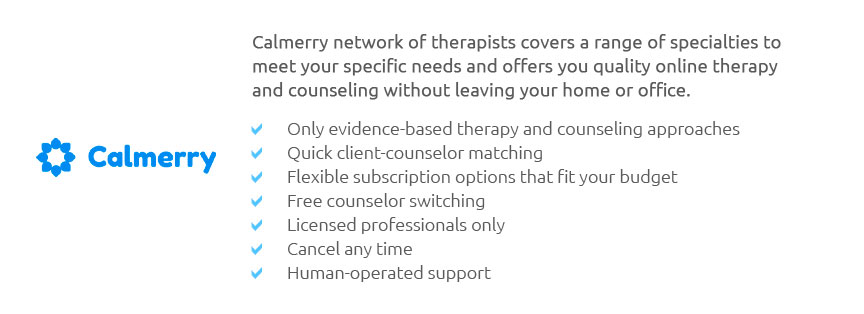 |
 |
 |
 |
|---|
Virtual Therapy Connect: A Comprehensive Guide to Online Mental Health SupportUnderstanding Virtual TherapyVirtual therapy, also known as online therapy or e-therapy, allows individuals to receive mental health support via digital platforms. This approach offers flexibility and accessibility, making it a viable option for many. Benefits of Virtual Therapy
Popular Platforms for Virtual TherapyThere are numerous platforms available, but finding the best psychotherapy apps can help streamline your search. Choosing the Right TherapistSelecting a suitable therapist is crucial for effective therapy. Here are some steps to consider:
Some therapies, like mbt therapy near me, focus on specific methodologies, which may influence your choice. Overcoming Common ChallengesTechnical DifficultiesEnsure a stable internet connection and familiarize yourself with the platform to minimize disruptions. Maintaining PrivacyChoose a secure location for your sessions to protect confidentiality. FAQ
https://telementalhealthcomparisons.com/virtual-therapy-connect/
Virtual Therapy Connect ... Virtual Therapy Connect is helping individuals, therapists and organizations adapt to a world where technology is ... https://mendcounselingservices.org/virtual-therapy-services/
Embrace the convenience and effectiveness of Virtual Therapy with Mend Counseling Services. Experience secure, compassionate counseling from anywhere, ... https://www.therapyportal.com/p/vtconnect/
Welcome to the client portal for Virtual Therapeutic Connect. Log in to manage your appointments and complete paperwork.
|
|---|